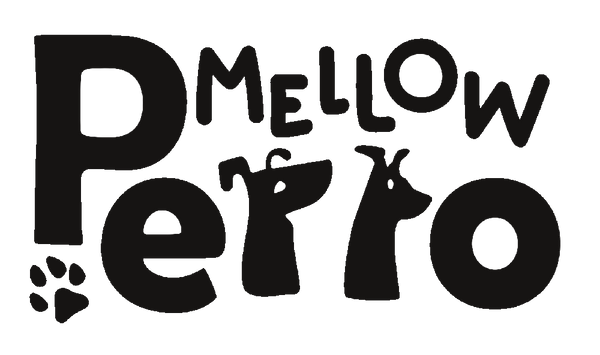
As pet owners, we often want to share our favorite foods with our furry companions. While it is tempting to treat them with a bite from our plate, it is important to remember that not all human foods are safe for pets. Some foods that are perfectly fine for us can be highly toxic to our beloved animals. To ensure the well-being and health of our pets, it is crucial to be aware of these potential dangers. In this article, we will explore common human foods that are toxic to pets and discuss what you should avoid feeding them.

Our pets are an integral part of our lives, and their well-being is of utmost importance. Feeding them the wrong foods can have profound consequences for their health. To ensure the safety and happiness of our furry friends, it is vital to be aware of the foods that can be toxic to them.

Chocolate and Caffeine
One of the most well-known toxic foods for pets is chocolate. Chocolate contains theobromine, a compound that dogs and cats cannot metabolize effectively. Even insignificant amounts of chocolate can cause symptoms such as vomiting, diarrhea, increased heart rate, and even seizures. Similarly, caffeine, found in coffee and certain teas, can have similar effects on pets. It is essential to keep all chocolate and caffeinated products out of their reach.
Onions and Garlic
Onions and garlic, commonly used in various dishes, can be highly toxic to pets. These foods contain compounds that can damage their red blood cells, leading to anemia. Symptoms may include weakness, lethargy, pale gums, and even collapse. It is crucial to avoid feeding pets any foods that contain onions, garlic, or onion/garlic powder.
Grapes and Raisins
Grapes and raisins, although healthy for humans, can be extremely harmful to pets. Even insignificant amounts can cause kidney failure in dogs and cats. Symptoms may include vomiting, diarrhea, abdominal pain, and decreased urine production. It is best to keep grapes and raisins far away from your pets and ensure they do not accidentally consume them. 
Avocado
Avocados, known for their nutritional value, contain a substance called persin, which is toxic to many animals, including dogs, cats, and birds. While the flesh of the avocado is less harmful, the pit and skin contain higher levels of persin. Ingesting avocados can lead to vomiting, diarrhea, and pancreatitis in pets. It is safest to avoid feeding avocados to your furry friends altogether.
Alcohol
Alcohol is a definite no-no for pets. Even insignificant amounts can have severe consequences. Pets can experience alcohol poisoning, which can lead to vomiting, disorientation, difficulty breathing, tremors, and in severe cases, coma or even death. Never leave alcoholic beverages unattended or within reach of your pets.
Xylitol
Xylitol, a sugar substitute often found in sugar-free gum, candies, and baked goods, can be extremely toxic to pets, especially dogs. It causes a rapid release of insulin, leading to a dangerous drop in blood sugar levels. Symptoms of xylitol poisoning include vomiting, loss of coordination, seizures, and in severe cases, liver failure. Always check labels and ensure that any products you have are xylitol-free. 
Macadamia Nuts
Macadamia nuts, commonly found in cookies and chocolates, can cause serious health issues in pets. Even a small amount can lead to symptoms like weakness, tremors, vomiting, and increased body temperature. While the exact mechanism is unknown, it is best to err on the side of caution and keep macadamia nuts away from your pets.
Raw Meat, Fish, and Eggs
Raw meat, fish, and eggs may contain harmful bacteria like Salmonella or E. coli, which can cause food poisoning in pets, just like in humans. Additionally, raw fish may contain parasites that can be detrimental to their health. It is always recommended to cook any meat, fish, or eggs thoroughly before feeding them to your pets.
Dairy Products
While many pets enjoy the taste of dairy products, most of them are lactose intolerant. Feeding them milk, cheese, or other dairy products can lead to digestive issues like diarrhea and upset stomachs, opt for lactose-free alternatives, or consult with your veterinarian for suitable options.
Salt
Excessive salt intake can be harmful to pets, just as it can be to humans. Consuming substantial amounts of salt can lead to dehydration, electrolyte imbalances, and, in severe cases, sodium ion poisoning. Avoid giving your pets salty snacks or foods seasoned with excessive salt.

Our pets rely on us to make the best choices for their well-being. When it comes to food, it is essential to be aware of what is safe and what is toxic for them. By avoiding common toxic foods like chocolate, onions, grapes, alcohol, and others mentioned in this article, we can help keep our furry friends healthy and happy.



